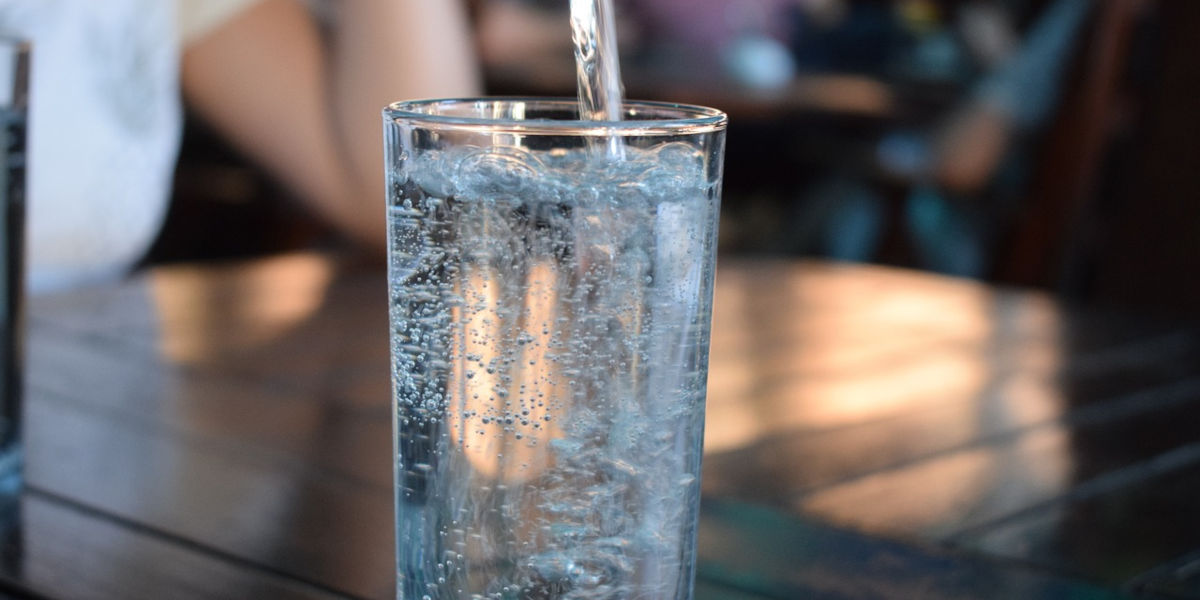The necessity of water is not alien to us; our bodies function optimally when well-hydrated. The significance of water ranges from maintaining body temperature, lubricating joints, delivering oxygen throughout our bodies, to aiding digestion. However, the details surrounding the optimal water intake needed to fully reap these vital benefits of daily hydration remain relatively vague. The question, "how much water should I drink daily?" is one that seeks a solid answer. In this article, we will demystify what is often taken for granted: the importance of regular and sufficient hydration, and how to promote daily water intake habits.
The Essence And Benefits Of Daily Hydration
Water is life – a veritable axiom that is a testament to its critical role. Our body composition is up to 60% water, with some body parts, such as the brain and the heart, being composed even more predominantly of water. This unravels why daily hydration isn’t just suggested, but essentially vital for our overall wellbeing.
From promoting cardiovascular health and keeping body temperature within the normal range, to aiding digestion and ensuring a smoothly running metabolism, the benefits of daily hydration are myriad. However, these benefits can only be realized when the body is properly hydrated, with the appropriate daily water intake.
In addition, being well-hydrated enhances the skin's complexion, improves physical performance, and contributes to weight loss. It also facilitates the detoxification process that rids the body of waste products, thus making for a robust immune system. But perhaps the most all-encompassing benefit of daily hydration is that it improves overall mood and brain function. Without the right hydration, our cognitive functions can be significantly hampered due to a lack of enough water in the brain.
How Much Water Should I Drink Daily? An Attempt To Pin Down A Number
Now that the benefits of daily hydration are clear, the next step is to determine the right amount of water intake. A common suggestion is eight 8-ounce glasses, which corresponds to about 2 liters, or half a gallon - a concept also known as the "8x8 rule." This is easy to remember and serves as a practical guide. However, individual water needs can greatly vary based on different factors; from your diet, the climate, your physical activity level, to the overall health condition.
Medical professionals and health organizations provide varying recommendations. Some suggest basing the amount of water intake on body weight and activity level, implying that if you are physically active or live in a hot climate, your daily water need may be higher.
Others argue for a more personalized approach based on individual hydration needs and lifestyle habits. For instance, if you consume a lot of fruits and vegetables high in water content your daily water need may be lower. Therefore, while the "8x8 rule" is a good starting point, it's not a one-size-fits-all scenario.
Ongoing research helps to bring more light into this complex equation, but in general, it is important to listen to your body and drink when thirsty. In including setting daily water intake habits, we can ensure we maintain an overall hydrated state, enhancing our health and wellbeing.
Now that we’ve understood the necessity of water and the role it plays in our everyday lives, it’s time to dive in and explore how much water is optimal for your daily routine. Your water consumption needs can depend on numerous factors such as your body weight, level of physical activity, health conditions, and even the geographic location you live in.
How Much is Too Much?
While being adequately hydrated is essential, more is not always better. The concept of '8 glasses of water a day' is more of an approximate suggestion rather than a hard and fast rule. It’s critical to remember that your body is constantly losing water through processes such as sweating and urination, so replenishing these losses is important, but overhydration can lead to a condition known as hyponatremia - negatively impacting your body's sodium levels.
So, how much is too much? For the average adult, drinking between 2.7 to 3.7 liters a day is considered a suitable range. However, this amount includes all fluids, not just water. Soups, fruits, and vegetables all contribute to your daily hydration needs. There are also water calculators available that can compute your individual needs based on your weight and exercise level.
How to Stay Hydrated on the Go
Staying hydrated doesn't necessarily mean you have to carry a large water bottle everywhere you go. There are numerous strategies that can be employed to ensure you stay topped up on the move. For instance, a great way to check your hydration levels is to monitor the color of your urine. A lighter color generally signifies good hydration.
If you work out, it might be beneficial to drink additional fluids to compensate for the extra water lost through sweat. Additionally, adopting the habit of drinking water first thing in the morning starts your day on a hydrated note, positively impacting your mood and cognitive functioning.
Bottom Line: Listen to Your Body
Your body knows what it needs, and thirst is your body's primary signaling mechanism to indicate that you need more fluids. If you're thirsty, drink up! Your body is intrinsically wired to maintain an equilibrium, and it's important we listen to these signals. Staying hydrated is crucial, but so is maintaining a balance.
Remember, it's not necessary to hit an exact number every day. Each body is unique and therefore, its hydration needs vary. Always prioritize listening to your body, stay conscious of your intake and make sure to hydrate healthily. Happy drinking!




